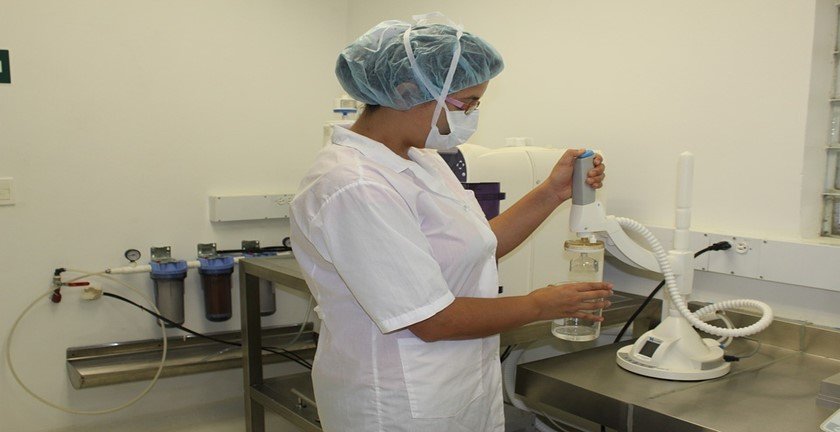Genetic testing is used in identifying genetic disorders. The tests help to understand how genetics affects your body, health, and how the genes result in certain diseases or conditions. To understand genetic testing better and know whether you should go for it, look at the following pros and cons.
Pros:
1. In-depth knowledge about health risks: Genetic testing helps you know about any risks you’re exposed to. For example, a test to identify if you may develop cancer.
2. Disease prediction: Genetic testing is carried out to identify any genetic disorder and possible diseases you can be affected with. This helps to identify the appropriate treatment to combat the disease.
3. A sense of relief: Knowing your own health condition bring a sense of relief from any uncertainty that you may suffer from certain diseases and be well informed.
4. Eliminate the possibility of suspected disorder: If your family has a history of a certain medical condition and you’re afraid the child can inherit such trait then a genetic test can eliminate the doubts.
5. Educate family members about potential risks: Once a medical condition is diagnosed in the family, others should be educated to about the potential risks and make the right decisions.
6. Informed medical and lifestyle decisions: The results returned may be positive or negative and this helps you to make an informed decision on how to manage your health as well as your lifestyle.
7. Reduce unnecessary expenses: Knowing your gene mutations can help reduce unnecessary checkups and screening tests.
8. Early prevention and treatment: Genetic testing can enable individuals to take up early prevention, monitoring and treatment option once a disorder is identified. Newborns with genetic disorders can receive early treatment to correct the genes.
9. Determine parenthood: Genetic testing determines the parenthood of a child in cases of child custody and support. A DNA testing is ordered to solve any disputes.
10. Examine development delays in children: Genetic testing can enable a couple to determine and understand development delays in their child.
Cons:
1. Physical risks: Some tests may be destructive and cause more problems rather than help solve problems. For example, prenatal testing can result in miscarriage or affect the growth of the fetus.
2. Create tension among families: When information about a family member is revealed, it results in a lot of tension. It can also cause emotional distress to the unaffected family member.
3. Discrimination: People with a certain condition may be discriminated and termed as abnormal. They are treated differently at home and in the workplace.
4. Increase anxiety and stress: Going for genetic testing can increase your anxiety and to some extent make you stressed about the outcome of the results. It can cause emotional trauma especially if you find you have a disease you didn’t expect.
5. Limited information: Although you can get tests about the genetic disorder, the tests cannot tell the severity of the condition.
A single test is not enough to determine all genetic abnormalities in a single disorder.
6. Reliability: Testing positive for cancer cells may not mean that you will get cancer as well as having a negative test is not a guarantee you’re safe.
7. Expensive: Genetic costs are very expensive. The costs vary based on the type of test carried out and the clinic.
8. Unstable gene products: There are high chances of inaccuracies due to the changes in the tissue used to carry genetic testing. When using biochemical testing, the protein found in the tissue sample used is unstable.
9. The accuracy of testing: Tests carried out may not turn out as predicted and their accuracy depends on whether the disorder was caused by the genes and chromosome or it was due to environmental changes.
10. Not a full body review: Genetic testing is not a full examination but a review on specific areas.



